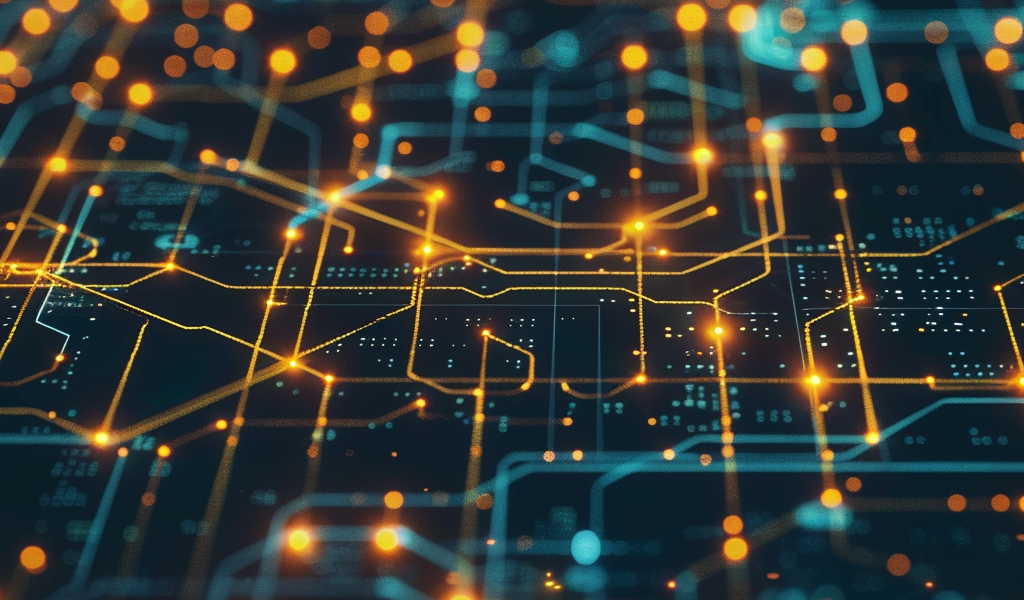Quantum computing is set to revolutionize the application of copyright law, challenging traditional concepts and presenting both opportunities and challenges, according to a new study conducted by the University of Exeter.
The study suggests that the increased speed and capabilities of quantum computing will significantly impact the tracking and tracing of the legal owners of artistic, musical, cultural, and literary works. This, in turn, is expected to lead to a surge in copyright infringements, while also empowering legal authorities to crack down on such violations more effectively.
Dr. James Griffin, the lead researcher from the University of Exeter Law School, highlighted the potential for quantum computers to make judgment calls on potential copyright infringements, pushing the boundaries of existing laws.
As quantum computing becomes more prevalent, the study predicts a rise in unauthorized reuse of copyrighted works, as well as the potential for quantum watermarks to become a standard feature for protecting digital content. The exponential speed of quantum computing will also facilitate the mass reproduction of existing copyrighted materials, with potential implications for AI-generated artistic works and the reuse of elements from films and other media.
Additionally, the study anticipates an increase in the enforcement of copyright law through the adoption of technological protection measures, copyright management information devices, and filtering mechanisms. These tools are expected to leverage the enhanced computing power of quantum computers to detect, prevent, and address copyright infringements more comprehensively.
Dr. Griffin emphasized the emergence of a ‘quantum paradox,’ wherein the potential for infringements is likely to grow alongside advancements in enforcement and protection measures, creating a complex landscape for copyright law in the era of quantum computing.





